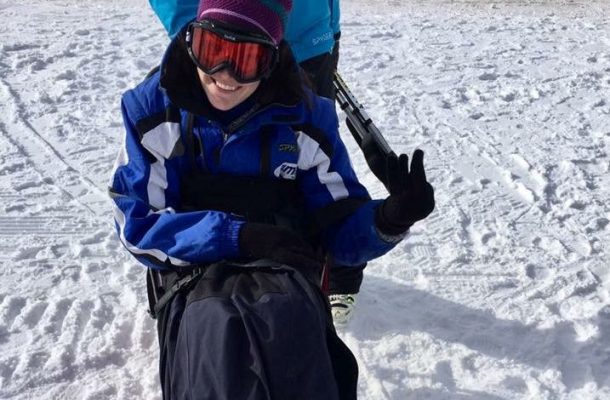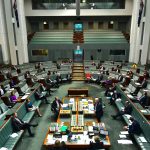An open letter to the Prime Minister

Dear Mr Scott Morrison,
I’m writing to you as the 30th Prime Minister of Australia because I want to know how you’re planning on improving the lives of young Australians with high-needs disability.
As a 28-year-old with a rare neuro-degenerative condition it has been my experience that in our inclusive country living with a progressive disability is not the end of the world. Disability isn’t something anyone chooses, but it’s amazing how adaptive and resilient the human body can be in the right environment.
I have learnt to live with my disability and to cope with it. The greatest obstacle I face every day comes not from my physical limitations but in the form of other people’s ignorance.
I have done and still regularly do a lot of things that surprise most people, because most people don’t expect a whole lot from anyone with a high-needs disability. One of the reasons it’s not so hard to live with a high-needs disability anymore is because of the new technology and equipment available to aide people who need it.
It’s definitely about time perceptions regarding disability started to reflect the times we’re living in.
One of the biggest issues facing young Australians with high-needs disability is age-appropriate housing that meets individual needs. Just because I have a condition that’s beyond my control I don’t think I should have to give up my independence, privacy, or relinquish my dignity.
Offering young Aussies with high-needs disability a choice in how they want to live their life is what Youngcare offers their residents, and I believe it should be the standard of care for all high-needs disability housing nationwide.
I’ve spent some time in a share-house for high-needs disability which wasn’t run by Youngcare before I was lucky enough to be moved along with my sister into an apartment building run by them. It was without a doubt one of the best things that has ever happened to us.
To be treated like a real adult who isn’t defined by her disability is a feeling hard to describe when you’ve spent the last year being treated like a second-class citizen
One of the most noticeable differences in Youngcares’ approach to care has been their open endorsement of integration not segregation. This is something that I feel is overlooked by a lot of care facilities. It is why I feel like I’m living in my own home now, whereas when I was at the other residence last year I felt like I was staying in a workplace.
I was so relieved to be welcomed into Youngcare’s embrace seven months ago, but I cannot ignore the experience I had last year. The people I met who never had the support system like my sister and I did, the ones who never got the chance to be anything other than what society told them they could be.
My sister and I were recently given the opportunity to become Youngcare ambassadors, and we see it as a chance to speak on behalf of young Australians with high-needs disability.
No-one should be forced to live according to someone else’s rules because of their disability. In my experience it’s the little things like choice and privacy that make a real difference to the outlook of a person with a high-needs disability.
Once upon a time I let people tell me what I could or couldn’t achieve because of my condition, I wish I could tell you I never let it stop me from being me, but it did. During my darkest moments it was other people who encouraged me to believe in myself, and who ultimately made me the woman I am today. They are the reason why I know perceptions surrounding disability will change.
As the Prime Minister of Australia I ask you to lead this country to a better understanding of disability, because as a country we’re better than the ignorance I’ve encountered.
Please know that my sister and I are more than willing to talk with you on a national level, we would love to help you tackle improving lives of young Australians with high-needs disability.
Jamie-Lee Dwyer is a 29-year-old freelance writer out of Queensland. She has studied and received a bachelor of journalism with first-class honours from Griffith University. In between doing the odd writing job, she is currently writing a fiction book about overcoming disability.












